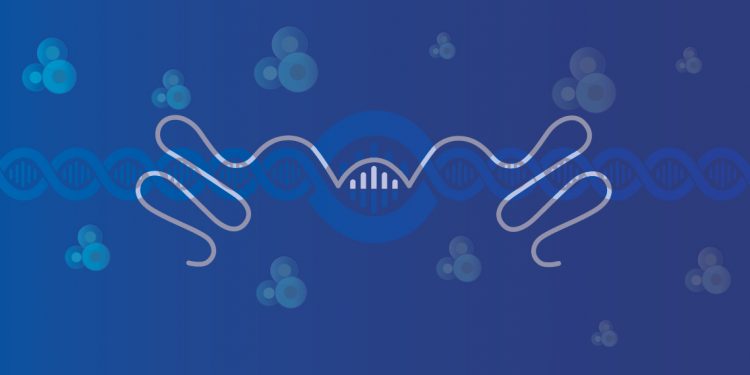
A Pioneering Approach to Biotherapeutic Antibody Discovery

Using ddPCR Technology to Improve Cancer Detection and Treatment Efficacy Monitoring
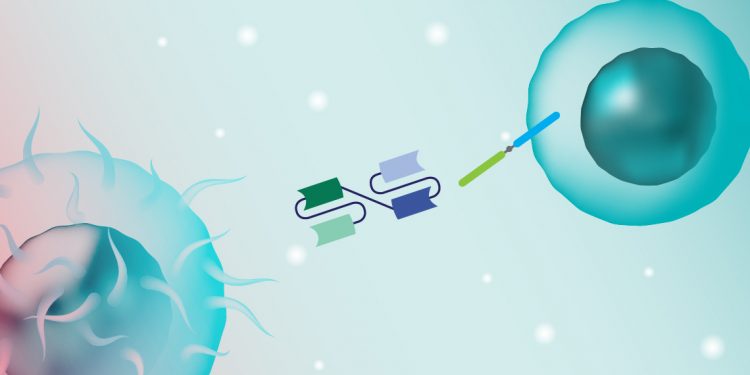
Bispecific Antibodies and Cancer Immunotherapy

Advancing Molecular Diagnostics for Myelodysplastic Syndrome

How FACS, Genetic Screens, and the HAP1 Cell Line Uncover the Biological Mechanisms of Cancer
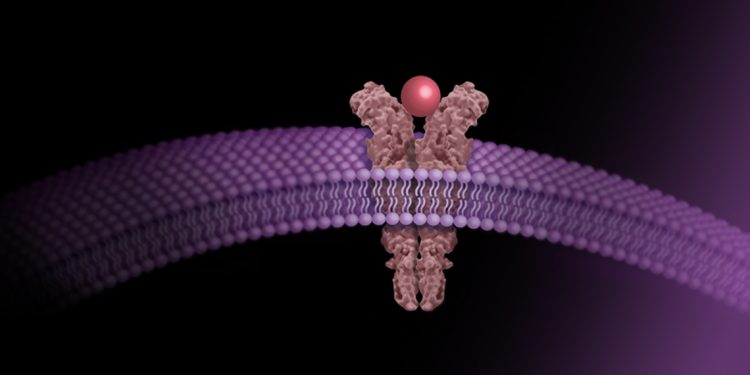
Tyrosine Phosphorylation of EGF R
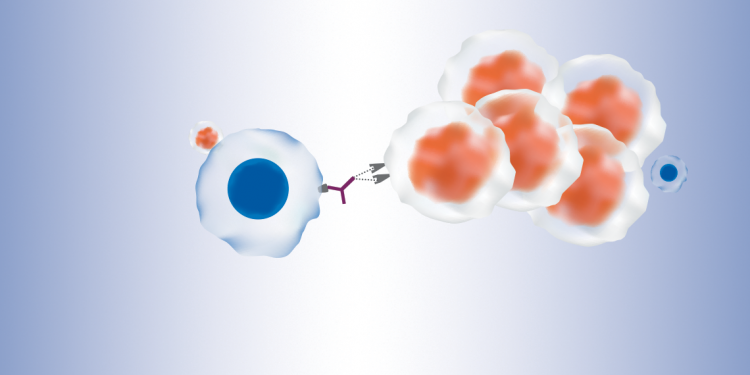
Moving Forward with Immunotherapies for Cancer
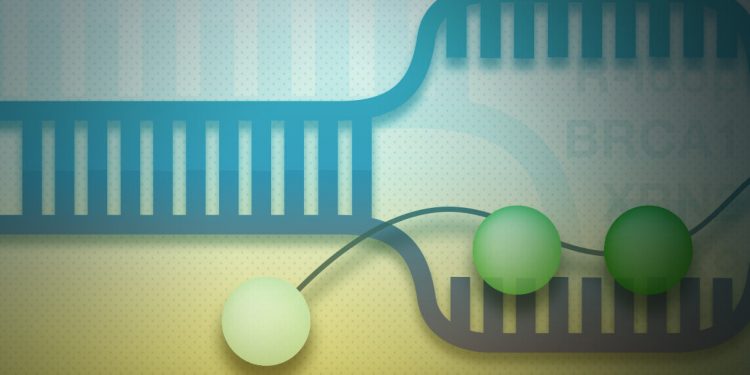
R-Loops and Their Key Role in Cancer Research
